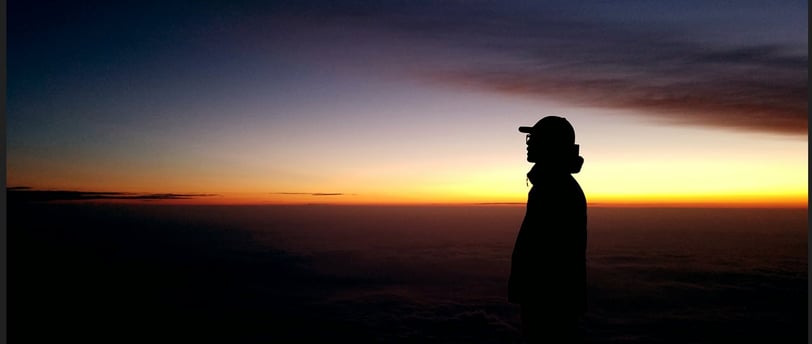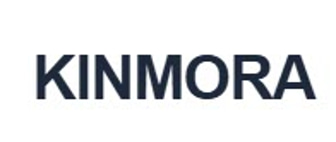The Fear Paradox
We experience fear and inadequacy precisely when we can imagine better versions of ourselves; that gap between who we are and who we could be isn't just anxiety - it's what drives growth.
H Sundstrom
3/19/20251 min read


This week, as I prepare to pitch for a significant partnership, my brain switches from confident leader to Arthur Schopenhauer's 'Today it is bad, tomorrow it will be worse until the worst of all happens - death.' I suddenly question everything, from my experience to which socks to wear. Familiar territory for an optimistic realist like me.
The best way to keep someone paralysed is to prevent them from facing what they fear most. The anticipation is always worse than reality - I know this intellectually. Yet here I am, overthinking instead of doing. Because not trying means not failing, right?
Ironically, Swedish psychologist Erik Andersson's research shows that glass-half-empty people often outperform their more optimistic counterparts. Perhaps because we experience fear and inadequacy precisely when we can imagine better versions of ourselves, that gap between who we are and who we could be isn't just anxiety - it's what drives growth.
So maybe that tension in my gut isn't my enemy - it's my signal to move forward.
What would you tackle today if you knew your worst-case scenarios were poorly written fiction?
Wish me luck with my presentation.
hashtag#Leadership hashtag#PersonalGrowth hashtag#Resilience
